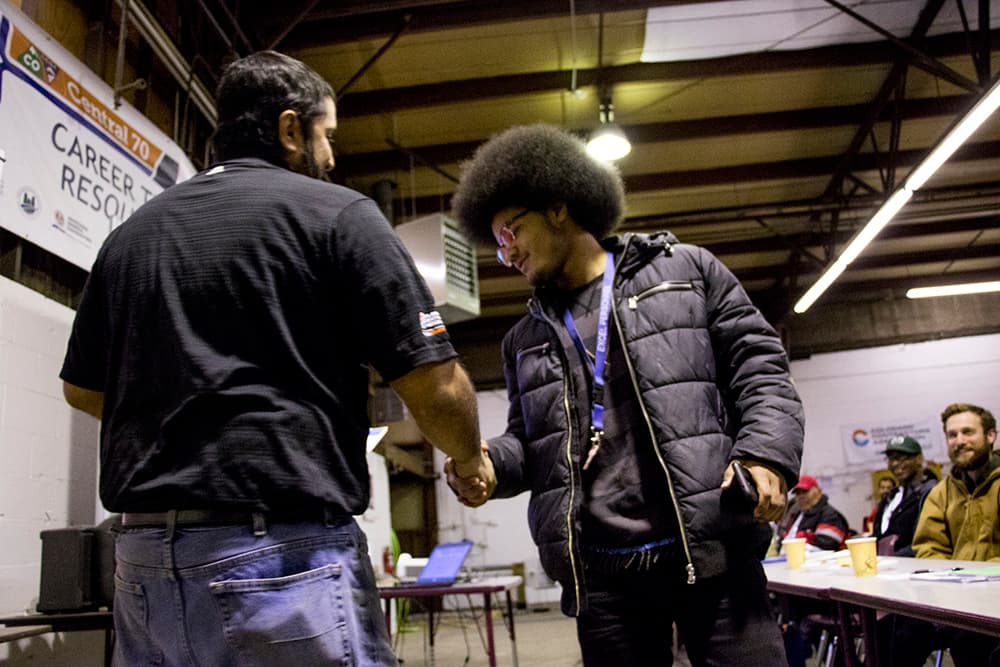
It’s graduation night in a sleepy warehouse tucked beneath Interstate 70 and Elijah Beauford is feeling proud as he walks to the front of the room to receive a certificate and congratulatory handshakes.
Here in this warehouse, tonight's graduation is not from an esteemed college. Instead, his certificate honors completion at Construction Careers Now, a free, month-long program aimed at funneling new recruits into an industry facing a worker shortage.
While many of his fellow graduates will soon hit the clock on one of Denver's many job sites, Beauford’s set on an unusual trajectory. His first project is a remodel of his father’s house, a brick bungalow less than a block from City Park Golf Course. It's long been a home for young men who might otherwise be on the street.
His new skills serve more than a career path. Stripping paint and fixing his father’s old wooden floors is a way to put his community’s future in his own hands.
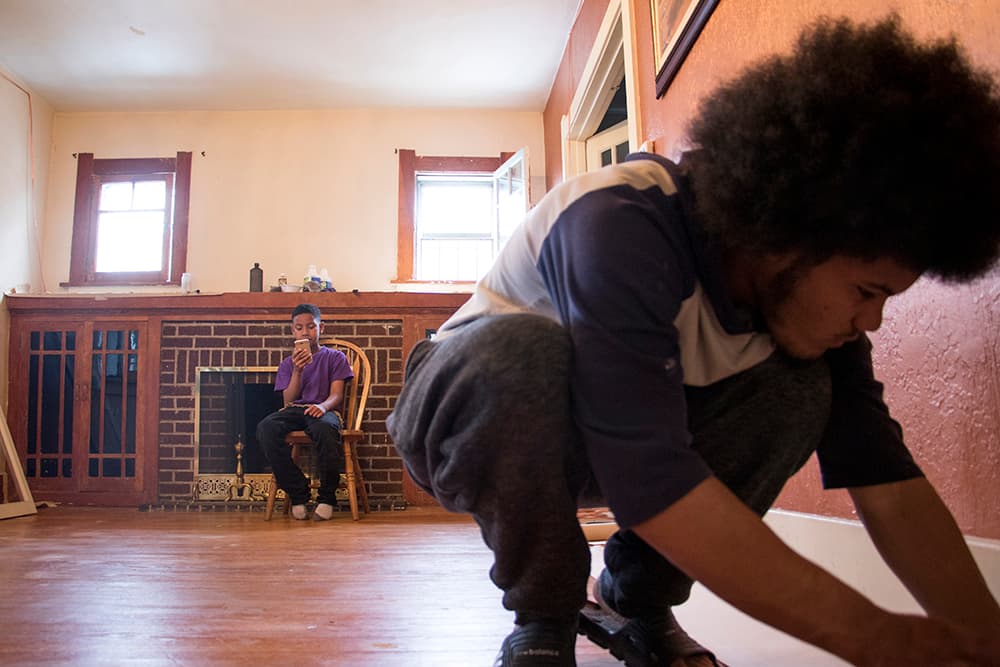
A home for the wayward, threatened by change.
Elijah’s father, Lonnie Wright, grew up in a family dominated by athletics. His father, Lonnie Wright Sr., played both for the Broncos and the Denver Rockets (one of the names the Denver Nuggets had in the old American Basketball Association). But despite the family tradition, he said he rejected sports, especially as a career path.
"Athletics is probably the worst thing for African Americans," he said. "It's almost like a form of a plantation mentality."
When he set out and got a place of his own, Wright began to take in young men with uncertain futures, mostly "gang members and felons."
"Kids would just come over," he said. "It's sad because a lot of them — 'I wanna play football, I want to be a rapper, I want to be an artist, I want to be a basketball player' — which, for me, is unrealistic unless you’re clearly that."
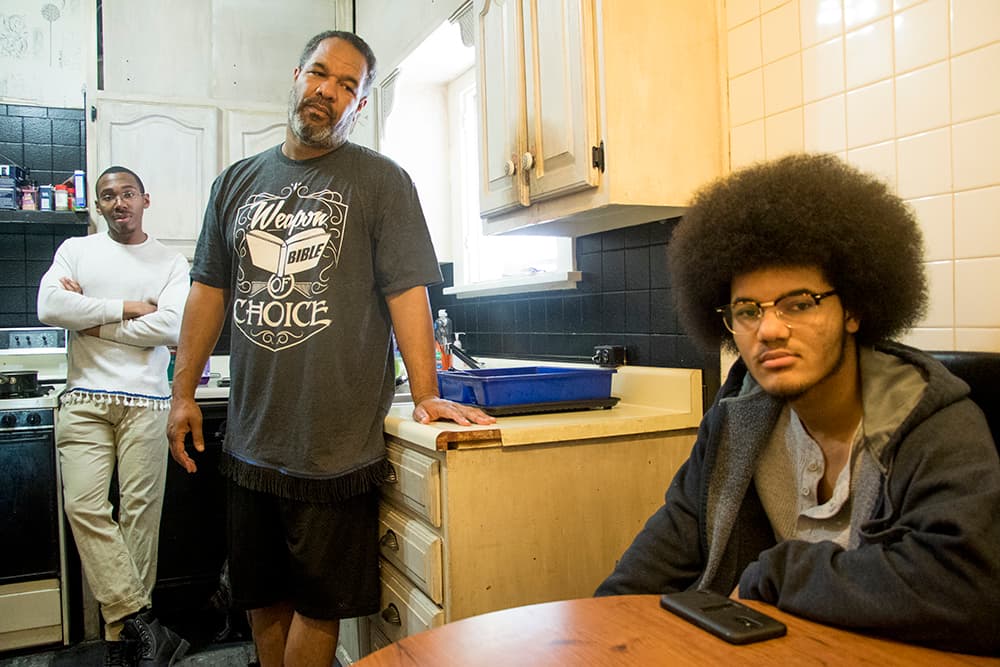
These kids couldn't imagine a way out of poverty except through near-impossible dreams, Wright said. Faced with little hope, many turned toward destructive behavior.
"A lot of kids don't think they can make it past 20," he said. "A lot of them run from change."
Wright's mother bought the house in Denver's Skyland neighborhood in the early 2000s. He moved in around 2010, and he said he’s shepherded about 30 young men since moving in.
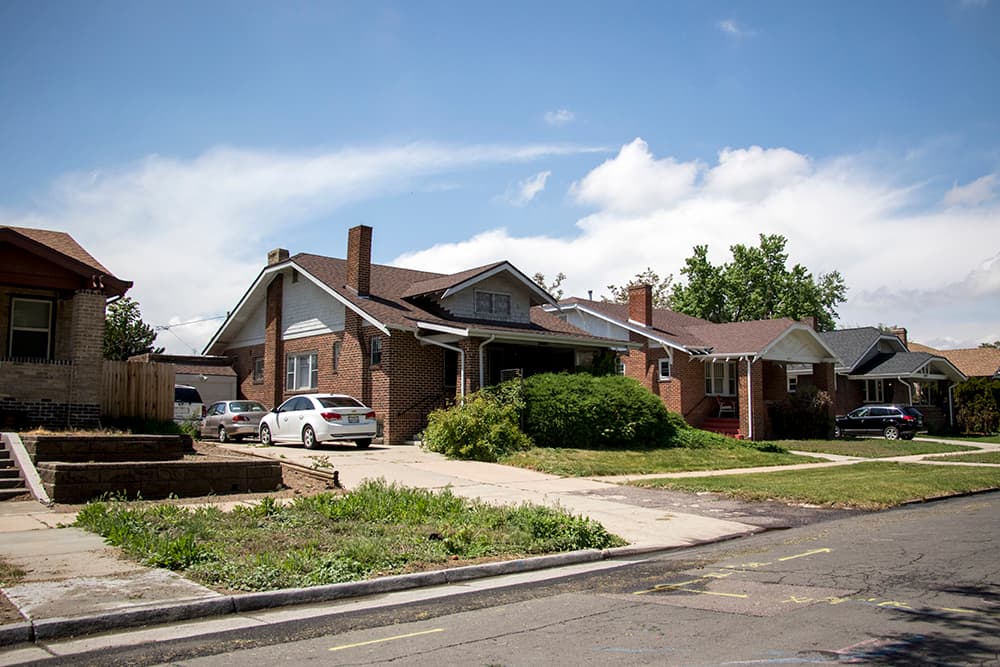
At the moment, Ashton Kynard is the only extra kid living in the house. Kynard was living with his mother, grandmother and sister in a motel room before Wright convinced him to move out. He'd been busted for breaking into a Natural Grocers and spent a little time in jail, a self-described nerd on the wrong path.
"It was eating me away," he said. "Luckily for me, Lonnie and Elijah put me in a mindset where you can build off the things you have and be successful."
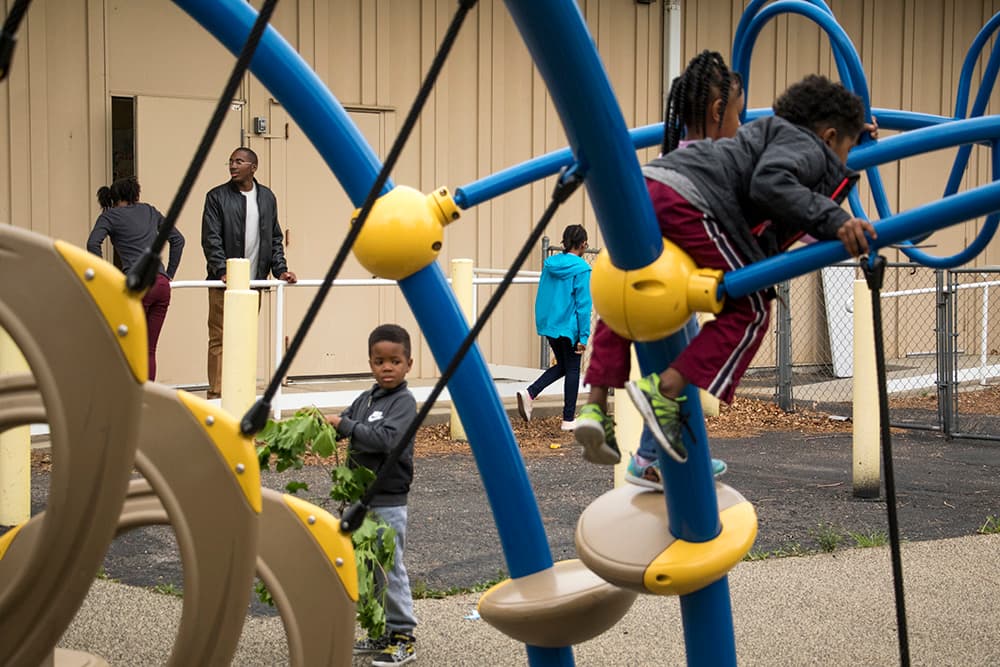
Beauford, too, had his head in the wrong place before he came to live with his father. He moved into the house when he was in high school. Under his father's mentorship, a kind of tough love that involves chores — "putting in your brick," as Wright would say — Elijah's dismal grades shot up and his mind opened to the systemic struggles around him.
A year ago, Beauford finished at Manual High School with a 4.2 GPA his senior year and an impressive resume that includes victories with the Urban Debate League and membership in Project VOYCE, a leadership program.
"If it were not for him, I wouldn’t be an activist," Elijah said.
Wright has watched as the neighborhood transformed around him. Once densely populated with black families, many of his neighbors are now white, affluent millennials. He estimates his home's value has increased to at least six times what his mother paid.
"They're moving people out, the undesirables," Wright said. Beauford and Kynard, "they're lucky to even be here."
Lucky, maybe, but Beauford's new abilities to revamp his father's house go a long way toward keeping it in their hands.
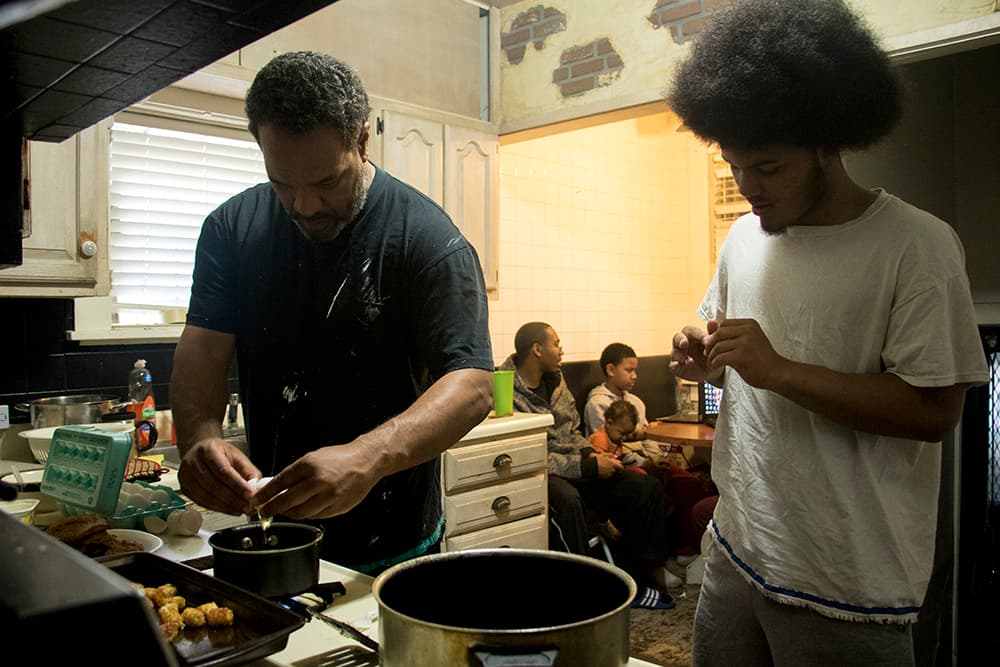
Skip the debt. Build your own future.
Go talk to any general contractor on a Denver construction site right now and you'll probably hear the same thing: The industry is hurting for qualified workers. One reason, they often say, is an overemphasis on pushing kids toward four-year schools instead of the trades.
"Construction doesn't often get the respect that it deserves," said Greg Bauer, who oversees projects for Denver Design Build. That’s one of the reasons for the worker shortage, he said.
"Everybody thinks it's the degree that you need to get the respect."
But many trades offer wages that compete and even top those that come with jobs that require a degree, and a well-paying career in construction can often be attained without taking on student loans.
According to the Colorado Department of Labor and Employment, median incomes in the metro area for unspecialized construction laborers, around $35,000 annually, are on par with veterinary technicians and preschool teachers. That's on the low end. On the higher end of the industry, septic tank installers earn a median annual income of about $55,000. That's more than industrial designers, college-level computer science teachers, surgical technicians, graphic designers and athletic trainers, to name a few.
It's not just financial solvency that Beauford's after with his interest in the field. He also sees it as a way to serve black neighborhoods in Denver that might otherwise fall victim to rising housing prices and development geared toward outside interest.
Someday, he hopes to be a general contractor. He'd like to recruit his like-minded peers to get trained up and come work with him to build affordable housing in places before luxury apartments have a chance to move in.
"It's not just construction, it's also fighting for what's right at the same time and doing it in a peaceful manner," he said.
Beauford's already got Kynard on board. He has his eyes set on certification to be a plumber.
"I didn't know plumbing was like a six-figure job," Kynard said. "Plus it allows us to build infrastructure and allows us to do positive work in our community."
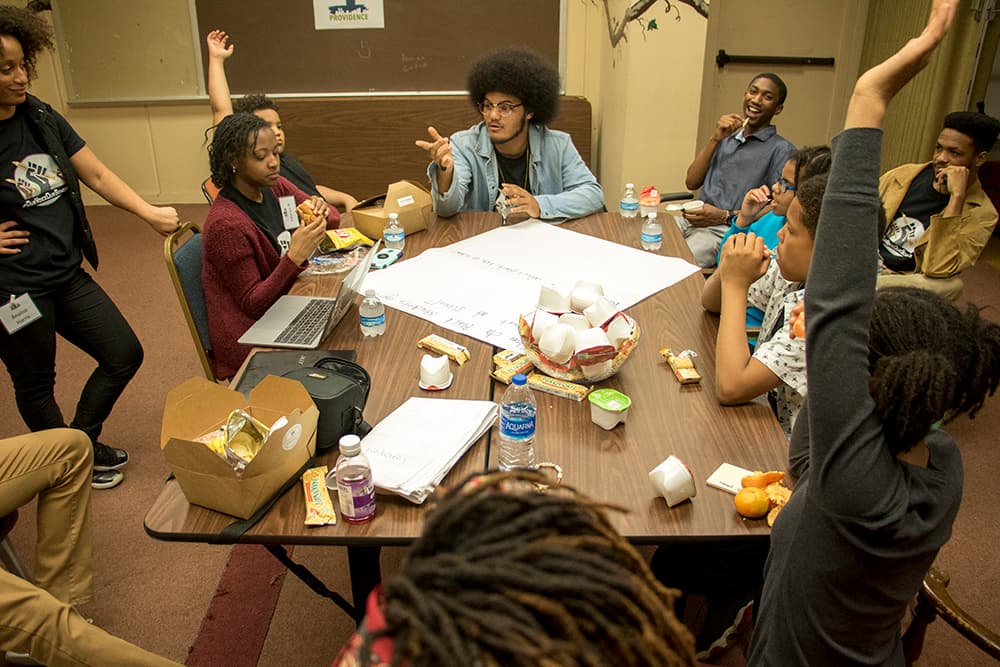
The two say they've been spreading the word to their friends and in church and in classrooms where they’re invited to motivate young kids of color: there are other routes to success besides college. Getting involved in a field like construction could help change the fate of your community.
Meanwhile, affordable housing advocates from religious organizations have opted to invest in their own facilities instead of waiting for the city to fill every need.
"This is the best way we can fight. Marching doesn't work. Come on, you've seen us doing that for years," Wright said. "We're definitely doing something completely different."
For a neighborhood like Five Points, Beauford said, it might already be too late. Though members of the community like Norman Harris Jr. and Haroun Cowans were recently brought onto large projects like the Rossonian Hotel redevelopment, the neighborhood is being transformed by outsiders, much to the concern of long-time locals.
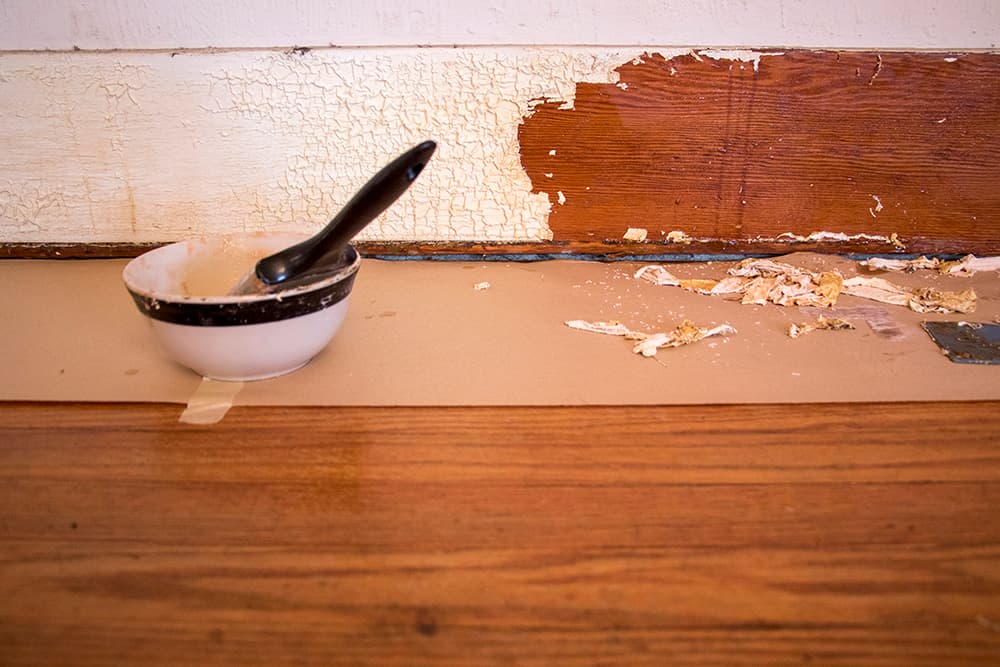
Though Beauford's dream to become a community-focused developer is still a ways off, he's looking toward areas like Montebello that have yet to see large investments as places where he can make an impact.
As for Five Points, "You can only learn from this experience and use it as an example so it won't happen again," he said. "Instead, we don't give them an opportunity to gentrify by making sure that we sustain those types of neighborhoods."
Correction: This story originally said Construction Careers Now is a two-month program. It is a one-month program.











